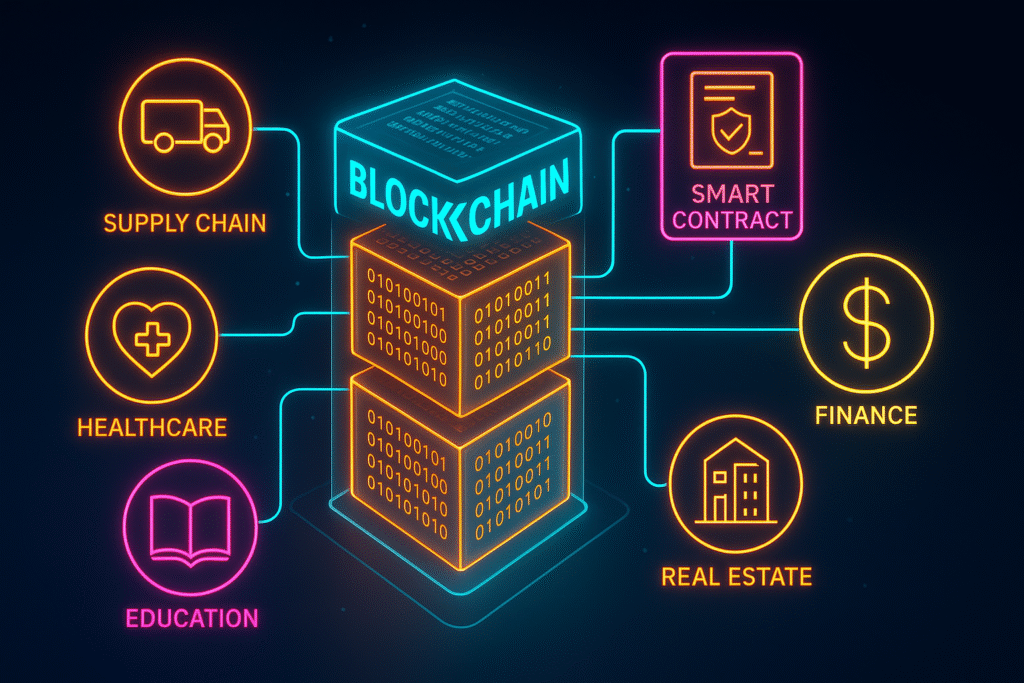Blockchain is no longer just about Bitcoin or Ethereum. In 2025, this revolutionary technology is reshaping industries far beyond cryptocurrencies, creating secure, transparent, and efficient systems in ways that affect our everyday lives. From healthcare to supply chains, blockchain is proving that its real power lies in trust, decentralization, and automation.
In this blog, we explore the most exciting real-world uses of blockchain in 2025 and why businesses and individuals are paying close attention.
1. Blockchain in Supply Chain Management
Supply chains are complex, global, and prone to fraud. Blockchain makes them transparent and verifiable.
How it works:
- Every product batch is recorded on a blockchain ledger
- Stakeholders can track products from origin to consumer
- Tampering or fake products are instantly detectable
Use Cases 2025:
- Luxury goods authentication (e.g., designer clothes, watches)
- Food safety: trace every ingredient from farm to table
- Pharmaceutical supply chains: verify medicine authenticity
Blockchain ensures trust without needing a middleman.
2. Blockchain for Digital Identity & Authentication
Identity theft is a growing concern. Blockchain now provides secure digital identity solutions.
How it works:
- Identity data stored securely on a decentralized ledger
- Only the user can grant access
- Immutable records prevent tampering
2025 Applications:
- Secure online banking logins
- Government IDs and passports
- Access to online services and healthcare
Your digital identity becomes safer and fully under your control.
3. Blockchain in Healthcare
Blockchain is transforming healthcare in 2025 by ensuring accuracy, privacy, and interoperability.
Key Benefits:
- Secure patient records accessible to authorized doctors only
- Track medical supplies from manufacturer to hospital
- Validate drug authenticity and prevent counterfeits
- Streamline insurance claims automatically
Hospitals can now share verified patient data without risking privacy breaches.
4. Blockchain in Voting & Governance
Voting systems are prone to fraud and inefficiencies. Blockchain-based voting ensures:
- Transparent vote counting
- Tamper-proof ballots
- Voter anonymity
- Easy audit trails
2025 Impact:
Some countries are piloting national digital voting systems for local and parliamentary elections. Blockchain voting reduces fraud and builds citizen trust.
5. Blockchain in Real Estate
Buying and selling property is often slow, paper-heavy, and prone to disputes. Blockchain makes it faster, cheaper, and transparent.
How it helps:
- Property records stored on blockchain
- Smart contracts automate payment and ownership transfer
- Fraudulent claims or disputes become nearly impossible
Real estate transactions are more secure, faster, and verifiable than ever.
6. Blockchain in Supply Chain Finance & Trade
Trade finance can be complicated due to multiple banks and intermediaries. Blockchain simplifies it:
- Real-time tracking of payments
- Smart contracts automate approvals
- Reduce delays and fraud
Global trade is becoming faster and more transparent with blockchain in 2025.
7. Blockchain in Education & Certification
Fake degrees and certificates are a global problem. Blockchain now ensures:
- Certificates and transcripts are stored immutably
- Employers and institutions can verify credentials instantly
- Online courses are accredited securely
Students can now carry a verifiable academic identity that’s universally recognized.
8. Blockchain in Media & Entertainment
Creators are getting fair pay thanks to blockchain:
- Track intellectual property rights
- Automate royalty payments using smart contracts
- Avoid piracy and unauthorized use
By 2025, artists, writers, and musicians can control and monetize their work efficiently.
9. Blockchain in Retail & Loyalty Programs
Blockchain can modernize loyalty programs:
- Reward points stored securely on blockchain
- Points easily transferred or redeemed across platforms
- Reduces fraud in point accumulation
Consumers enjoy better transparency, flexibility, and rewards.
10. Blockchain & Environmental Sustainability
Sustainability is critical in 2025. Blockchain helps track:
- Carbon credits
- Renewable energy production
- Waste management
- Eco-friendly supply chains
Companies can prove environmental compliance and consumers can make informed choices.
11. Blockchain in Insurance
Insurance is becoming faster and more efficient:
- Claims verified automatically via smart contracts
- Fraud detection with immutable records
- Reduced paperwork
- Faster payouts
Blockchain allows companies to cut costs and improve trust with policyholders.
12. Blockchain in Logistics & Shipping
Shipping and logistics are complex. Blockchain ensures:
- Every shipment is tracked from origin to destination
- Disputes over delivery are minimized
- Customs and documentation are simplified
This creates more reliable and efficient global logistics.
Final Thoughts: Blockchain Is More Than Crypto
In 2025, blockchain is no longer just a buzzword in cryptocurrency. It’s a technology transforming:
- Healthcare
- Finance
- Supply chains
- Digital identity
- Real estate
- Education
- Media
The key takeaway: blockchain isn’t about money anymore—it’s about trust, transparency, and efficiency in a digital world.
Businesses that adopt blockchain now will lead their industries, and individuals who understand its uses will benefit from safer, smarter digital interactions.


